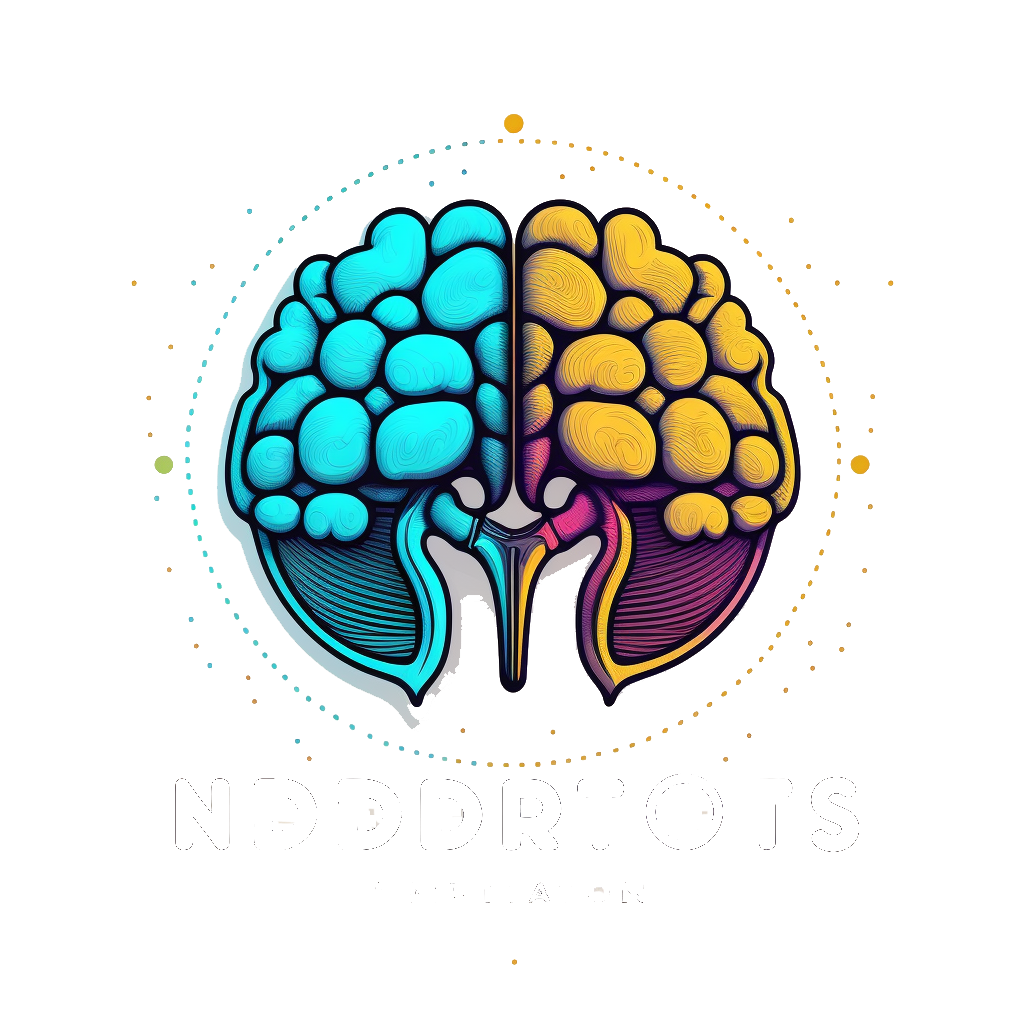GABA, which stands for gamma-aminobutyric acid, is a naturally occurring neurotransmitter in the brain. It acts as an inhibitory neurotransmitter, meaning it helps regulate neuronal activity and promotes a sense of calm and relaxation. In recent years, GABA has gained attention in the field of nootropics for its potential cognitive-enhancing effects. In this article, we will explore the benefits of GABA as a nootropic, its recommended dosage, history, and other relevant information.
GABA is a crucial neurotransmitter involved in regulating brain activity. It works by binding to specific receptors in the brain, inhibiting the transmission of signals between nerve cells. This inhibitory action helps balance brain function, reduce anxiety, and promote relaxation.
Top 3 Benefits of GABA as a Nootropic
- Anxiety and Stress Reduction: One of the primary benefits of GABA is its ability to reduce anxiety and promote a sense of calm. By inhibiting the activity of excitatory neurotransmitters, GABA helps counterbalance the overactivity of the brain, which is often associated with anxiety and stress. GABA supplementation may help alleviate symptoms of generalized anxiety disorder, social anxiety, and other related conditions.
- Improved Sleep Quality: GABA has been linked to better sleep quality and increased relaxation. It can help calm the mind, reduce racing thoughts, and promote a more restful sleep. GABA supplements or foods that increase GABA levels may be beneficial for individuals experiencing insomnia or difficulty falling asleep.
- Cognitive Enhancement: While GABA is primarily known for its anxiolytic effects, it may also have cognitive-enhancing properties. By reducing anxiety and promoting a relaxed state, GABA may improve focus, concentration, and mental clarity. It may help individuals perform better in cognitively demanding tasks and enhance overall cognitive function.
Recommended Dosage of GABA
Determining the optimal dosage of GABA as a nootropic can be challenging, as individual responses can vary. There is no standard dosage for GABA, and research on its cognitive effects is still limited. However, typical dosages range from 250 to 750 mg per day.
It’s important to note that GABA supplements may have difficulty crossing the blood-brain barrier, which can limit their effectiveness. Some individuals find greater benefit from taking GABA in combination with other substances that enhance its absorption, such as L-theanine or vitamin B6.
As always, it is advisable to start with a lower dosage and gradually increase if needed while monitoring your response. It’s recommended to consult with a healthcare professional or a qualified nutritionist for personalized dosage recommendations based on your specific needs and health status.
History and Research of GABA
GABA was discovered in the 1950s and has since been extensively studied for its role in the central nervous system. It has been the subject of research in various areas, including anxiety disorders, sleep disorders, and cognitive function.
Research on GABA as a nootropic is still evolving, and more studies are needed to fully understand its mechanisms and potential benefits. While some research suggests positive effects on anxiety reduction and sleep improvement, the cognitive effects of GABA are not as well-established.
Safety and Side Effects
GABA is generally considered safe for most individuals when used as directed. It is naturally produced in the body and is found in various foods. However, some individuals may experience mild side effects from GABA supplementation, including drowsiness, dizziness, or gastrointestinal discomfort. These side effects are usually temporary and subside with continued use or by adjusting the dosage.
It is important to note that GABA supplementation may not be suitable for everyone, especially those with certain medical conditions or those taking medications that affect GABA activity. It is advisable to consult with a healthcare professional
